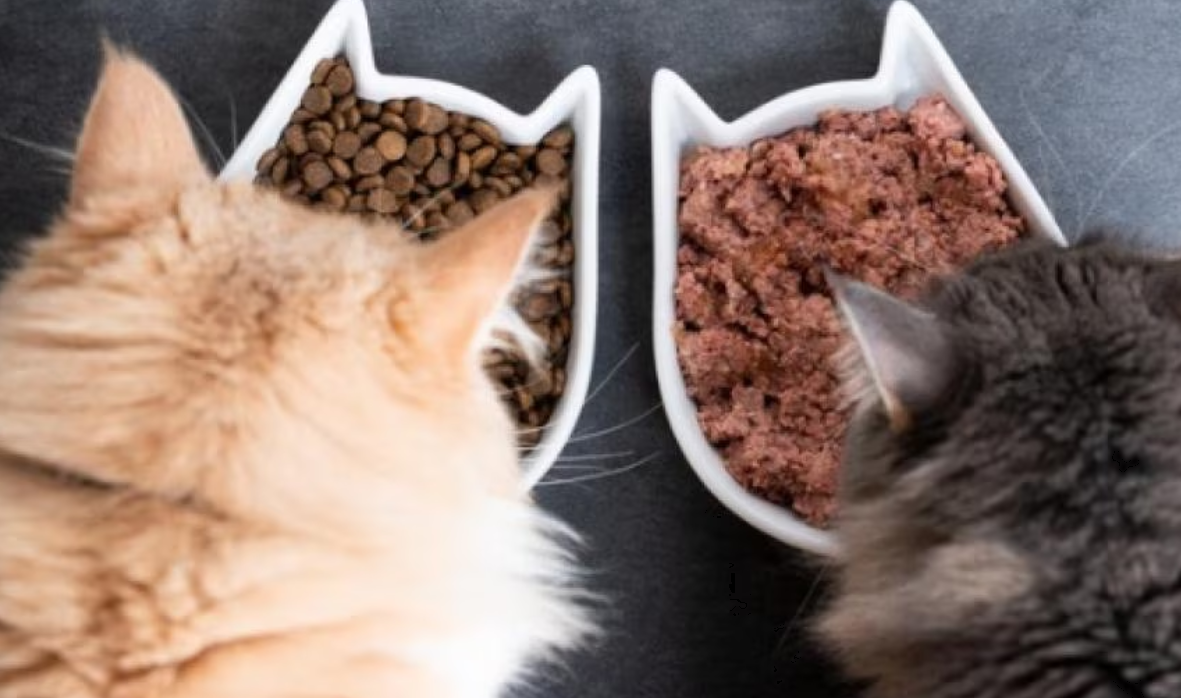Nutrition Guide for Birds
Birds are amazing creatures with a wide range of dietary needs. Depending on the species, birds may eat seeds, nuts, fruits, vegetables, insects, nectar, or even small animals. Providing your bird with a balanced diet is essential for their health and well-being.
The Importance of Nutrition
A balanced diet gives birds the necessary nutrients to grow, develop, and reproduce. It also helps to boost their immune system and keep them healthy. A poorly balanced diet can lead to several health problems, including obesity, malnutrition, and vitamin deficiencies.
What to Feed Your Bird
The best way to feed your birds is to offer them a variety of foods from different food groups. This will help to ensure that they are getting all of the nutrients they need.
Seeds and Nuts
Seeds and nuts are good sources of protein, fat, and carbohydrates. However, they can also be high in calories and fat, so it is essential to feed them in moderation. Some good seeds and nuts to offer your bird include:
- Sunflower seeds
- Safflower seeds
- Peanuts
- Almonds
- Walnuts
Fruits and Vegetables
Fruits and vegetables are good sources of vitamins, minerals, and antioxidants. They are also low in calories and fat. Some good fruits and vegetables to offer your bird include:
- Apples
- Bananas
- Berries
- Broccoli
- Carrots
- Sweet potatoes
Insects
Insects are a good source of protein and other nutrients. They are also a natural part of a bird’s diet. Some good insects to offer your bird include:
- Mealworms
- Crickets
- Waxworms
Nectar
Nectar is a good source of carbohydrates and other nutrients. It is also the primary food source for hummingbirds. Some suitable nectar substitutes to offer your bird include:
- Sugar water
- Nectar powder
Commercial Bird Food
Commercial bird food is a convenient and balanced option for feeding your bird. It is available in various forms, including pellets, seeds, and crumbles. When choosing a commercial bird food, be sure to select one that is appropriate for your bird’s species and age.
How Much to Feed Your Bird
The food you need to feed your bird will vary depending on their species, size, and activity level. A good rule of thumb is to give your bird enough food to fill their crop once daily. The yield is a pouch located at the base of the bird’s neck. It stores food until the bird can digest it.
How Often to Feed Your Bird
Most birds should be fed once a day. However, some species, such as hummingbirds, may need to be provided more often. Be sure to check with your veterinarian or a bird specialist to determine how often to feed your bird.
Other Things to Consider
- Fresh water should be available to your bird at all times.
- Change your bird’s food and water daily.
- Clean your bird’s food bowl and water regularly.
- Avoid feeding your birds human food, as this can be unhealthy.
Talk to your veterinarian if you have any concerns about your bird’s diet. They can help you to create a balanced diet that is appropriate for your bird’s individual needs.
Here are some additional tips for feeding your bird:
- Offer a variety of foods. This will help ensure that your bird gets all the nutrients they need.
- Make sure the food is fresh. Avoid feeding your bird old or stale food.
- Feed your bird at a regular time each day. This will help to establish a routine and prevent your bird from overeating.
- Monitor your bird’s weight. If your bird is losing or gaining weight, it may be a sign of a health problem. Be sure to talk to your veterinarian if you have any concerns.
By providing your bird with a balanced diet, you can help them to live a long and healthy life.



